On Motherhood: Tips for Raising Bilingual Kids
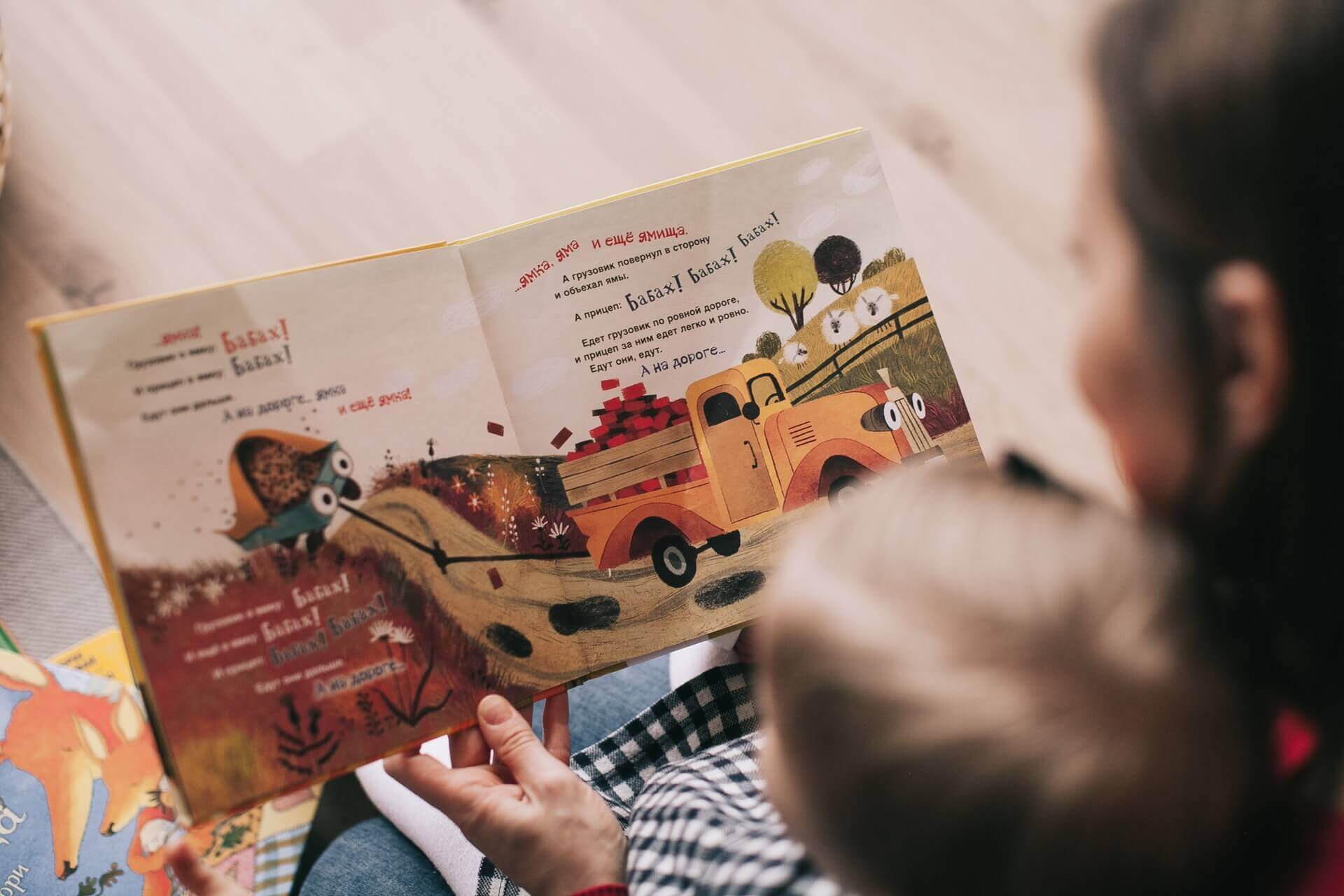
Despite studying languages at university and choosing to live in a country where another language is spoken, it was never my intention to have and raise bilingual kids, and yet that is what I'm doing. All being well, as we live in Amsterdam, my two boys will (hopefully) grow up to be fluent in Dutch and English. Thanks to my degree in modern languages I was already aware of the many benefits of raising bilingual children, but once I fell in love with an Australian guy and we started to map out our future, I didn't expect having multilingual kids to be a reality.... until we settled in the Netherlands. Despite Dutch not being the most ahem, useful, language in the world to learn, the benefits of growing up as bilingual will still help my kids in their early and later years. It's also true that there are now more bilingual people in the world than monolingual, and the numbers of bilingual kids (or even multilingual children and families) are only going to continue to increase so being aware of the benefits and challenges will be more and more of a mainstream discussion. Personally, here in Amsterdam almost all the families I know (Dutch or otherwise) are raising multilingual children, some who are even speaking four languages already in their preschool years, and it's fascinating to watch and see how well the children do managing it all. I'm also aware of other families where they all speak the same language and they actively choose to enroll their children in language classes at an early age even though there is no immediate need, such are the benefits of raising bilingual kids.
Of course, there are challenges too. Our son, who is now three months away from turning four, was a little slower than most to begin talking (in any language) and many professionals put that down to his learning two languages (though you can read on about whether that's research-backed or not!), and now that his knowledge of Dutch begins to elapse our own we are struggling to keep up with what he is learning so we can often have frustrating moments when he knows the word for something in Dutch but we struggle to translate it into English!
So needless to say, the topic of multilingual kids is something that I am very interested and obviously invested in, so when fellow family travel blogger Samara from Tiny Fry offered to write a guest post with tips for raising bilingual children, I couldn't wait to read it and now share it with you. She lives in Madrid and is raising her two young children to speak Spanish and English. Here it is!
Tips and Advice for Raising Bilingual Kids
We all want to give our kids as many opportunities as possible, and raising them to speak multiple languages may be one of the best gifts you can give them. Is it advantageous? Yes. Is it daunting? Also, yes. With that in mind, we wanted to share some of our best tips for raising bilingual kids.
You don’t need to be a certified educator to teach your kids two languages. What you do need is a goal, a strategy, and patience. We’d also add that you need a dash of creativity and a sense of humor to keep things light and fun for both you and your little ones.

Benefits of bilingualism in children
You may wonder if it’s worth all of the hard work to teach your kids a second language. We’d argue that it sure is! In a nutshell, speaking two languages develops your brain in a number of good ways.
Developmental benefits of being bilingual
Switching between languages - separating meanings and choosing the right words – teaches the brain how to problem solve and multitask, which are essential steps of mental development. These skills may also enhance thought processing and improve memory. Mastery of these traits will certainly serve your children well when they begin to make their own way in the world.
Cultural benefits of being bilingual
When you teach a child a new language, you are introducing a new culture and a broader view of the world. This wide lens is a definite advantage when it comes to appreciating and accepting folks from other cultures.
Personal and social benefits of being bilingual
But besides pumping up your brain, being bilingual may boost confidence by making kids feel smart and accomplished. What’s more, a child who speaks more than one language is able to communicate with more people, including grandparents and other relatives. In this way, your child is able to form a strong sense of identity and establish a tight familial bond at an early age.
Tips for raising bilingual kids
Of course, everyone will have different ideas on how to raise bilingual kids and what a multilingual family should look like.
Certainly, we encourage you to try whatever methods you think will resonate and work best within your family. However, no matter your approach, there are a handful of tips that we think every bilingual family will appreciate.
Set your multilingual family a specific goal
What is your ultimate goal? In other words, do you want your child to be a fluent speaker and reader in the secondary language, or is it enough that she can understand and respond to everyday conversations? Whatever you decide, express your goal clearly and confirm that everyone involved is on-board with it.
Make a plan to nurture bilingual children
You may have to try a few methods before you find the teaching style that is best suited to your situation. Here are two popular approaches.
One strategy is the “one person one language” method, which requires each parent to choose one language and stick with it in all situations. Although studies have shown this to be a very effective method, here are two potential pitfalls and how to deal with them.
Firstly, it’s likely that one language will get more “air time” than the other. Do your best to spotlight both languages to the same degree each and every day. Secondly, when in a crowded situation, it may be difficult to bounce back and forth from one language to another. In these instances, we suggest choosing one language for everyone until the scene is less confusing.
The second strategy is for everyone in the family to speak one language at home (typically the “minority” language), and to speak the other when you are out and about. This is a more streamlined approach, but it does present an issue when your child is older. For example, when she starts spending more time with her friends outside of the house, you’ll have less time to practice that minority language.
Whatever you do, be consistent!
Like many things, the key to success in nurturing bilingualism in your family is to stay consistent. Of course, you never want to discourage your child from expressing herself, so if she truly needs to fall back on the dominant language, don’t give her a hard time. When the time is right, review what happened and gently guide her back to using both languages.

Read, and read some more
Regardless of the language, reading aloud for at least 15 minutes a day has proven to be beneficial to one’s early cognitive development. There’s also a good chance that children who are exposed to multilingual stories will, over time, develop a stronger appreciation for a variety of literature. These days, there are plenty of bilingual stories (written in two languages) to choose from as well as traditional books.
Listen, and listen some more
Audiobooks are an easy way to expose kids to a different language. For example, during a long car ride or at night before bed, listen to a familiar story in an unfamiliar dialect. Ask what types of differences they notice in the narrative and if they prefer the translated text or the original.
Don’t forget about music! Music is probably the simplest way to incorporate the sounds of another language into your home. Keep songs playing in the background or put your kids to bed with a playlist that highlights the “minority” language.
And finally, watch and watch some more
Kids today are all about screen time. Take advantage of this and use the screen as an educational tool. For example, change the language programming on your television, watch age-appropriate foreign language TV shows or movies, or check out the array of YouTube videos in different languages.
Make it interesting and current!
If your kids are aware of what’s happening in the local news, have them scope out what’s going on in other parts of the world. You can find several kid-friendly current event sites online too. It really doesn’t matter what language these articles are in; what’s important is she’ll be reminded that things are happening all the time, in all sorts of languages, all around the globe.
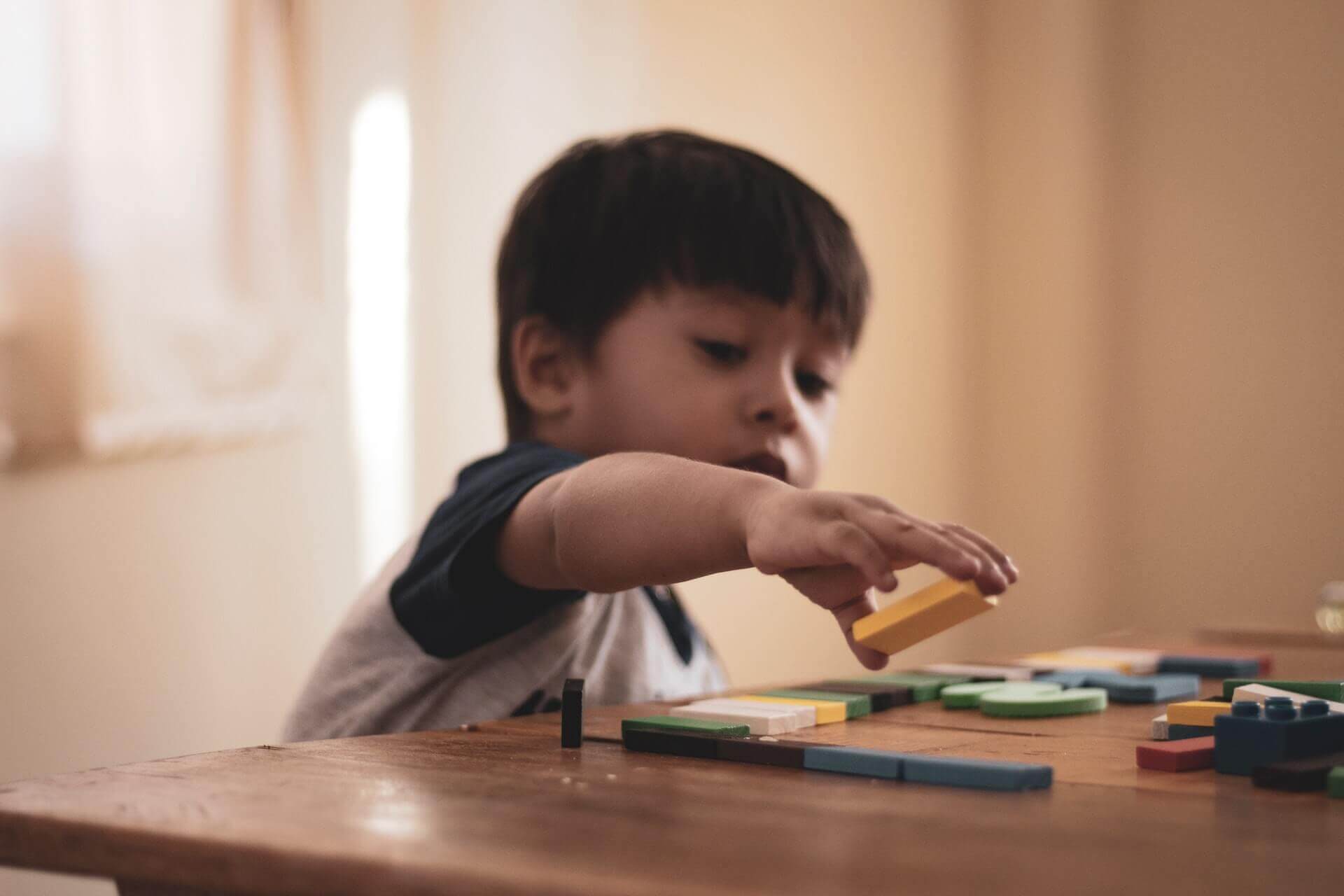
Is being bilingual what’s really best for my kids?
Even armed with these hot tips, you may still worry about raising bilingual kids. We hear you. Here are some common concerns.
Will my child be delayed?
There is no scientific evidence that teaching more than one language to a child will cause speech delays. In most cases, bilingual children reach speech milestones at the same time as their monolingual peers.
Will my child be confused?
Any little one learning to speak, no matter the language, is going to struggle with vocabulary and phrasing because it’s all part of early development. It doesn’t matter if a child is choosing words from one language or two, the learning curve remains the same.
Is my child smart enough?
If you’ve had a hard time learning another language as a teen or adult, don’t assume your children will take after you. From birth, babies are programmed to communicate. In this way, learning a language or two is perfectly natural to them and they approach it without the fear or embarrassment we may assume they feel.
What if I’m not a native speaker?
Parents often think they need to be native speakers of a language – with a vast vocabulary and a flawless accent – in order to share it with their kids. While this may be the ideal situation, it certainly isn’t necessary! Instead, what matters is staying consistent and positive in your lessons and/or getting lessons and input from a native speaker often enough that they are exposed to people who really are fluent in the language.

Give your bilingual kids the gift of language(s)
Finally, we’d be remiss if we didn’t reiterate that committing to a bilingual household is tough work; expect to get worn out! However, we’d also be remiss if we didn’t stress that the end result is worth the moments of frustration and confusion. By gifting your children with a second (or third or fourth!) language, you’re highlighting the importance of culture and tradition and connecting them to people and places they have yet to imagine!
About the Author
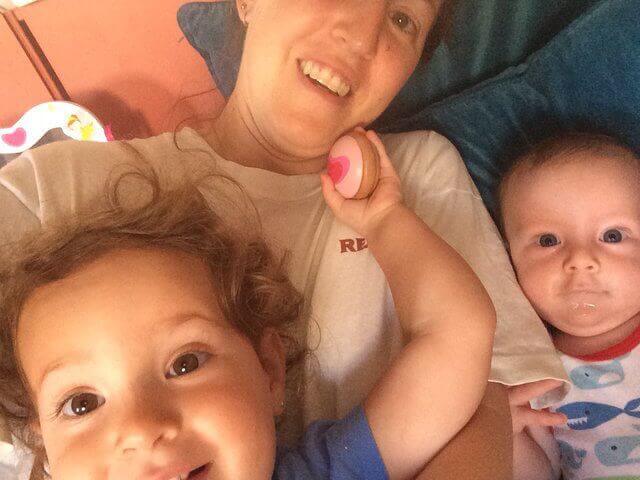
Samara Kamenecka is a blogger and VA specializing in SEO and writing, based in Madrid. When she’s not chained to her desk working, she likes to explore the city with her boyfriend, their two kids and their dog. She shares her parenting adventures over at Tiny Fry and pins her heart out on Pinterest.
If you'd like to save or share this post, here are some images you can pin:

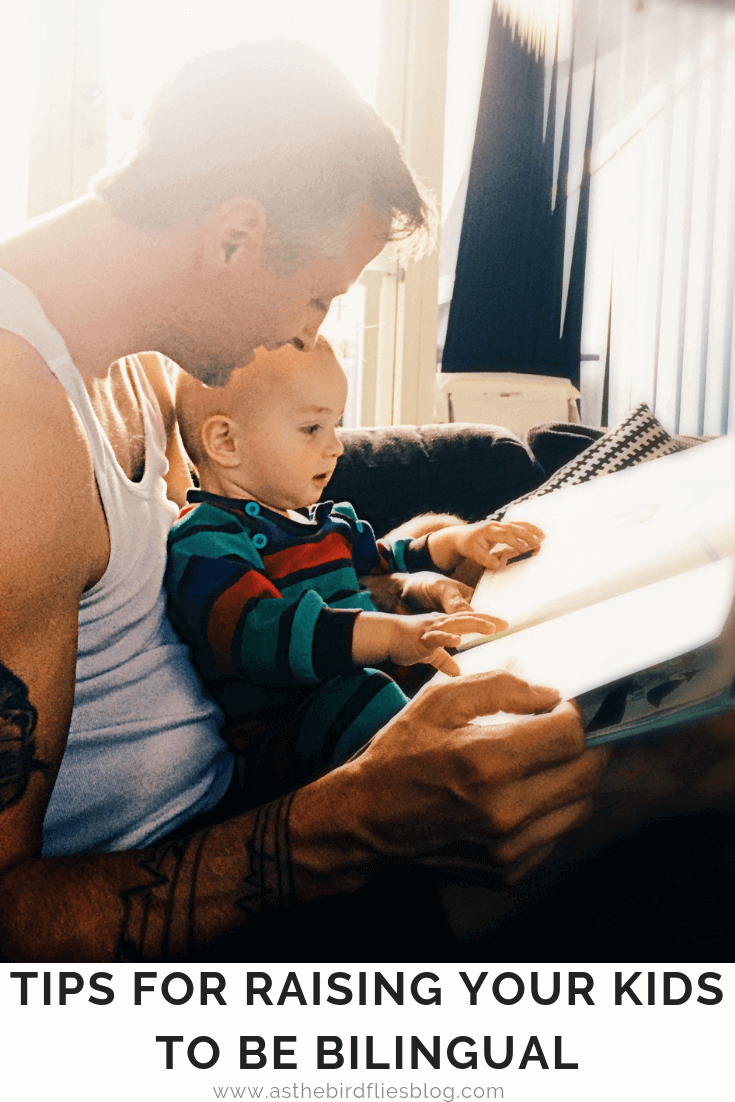
_x960.jpg?v=1)
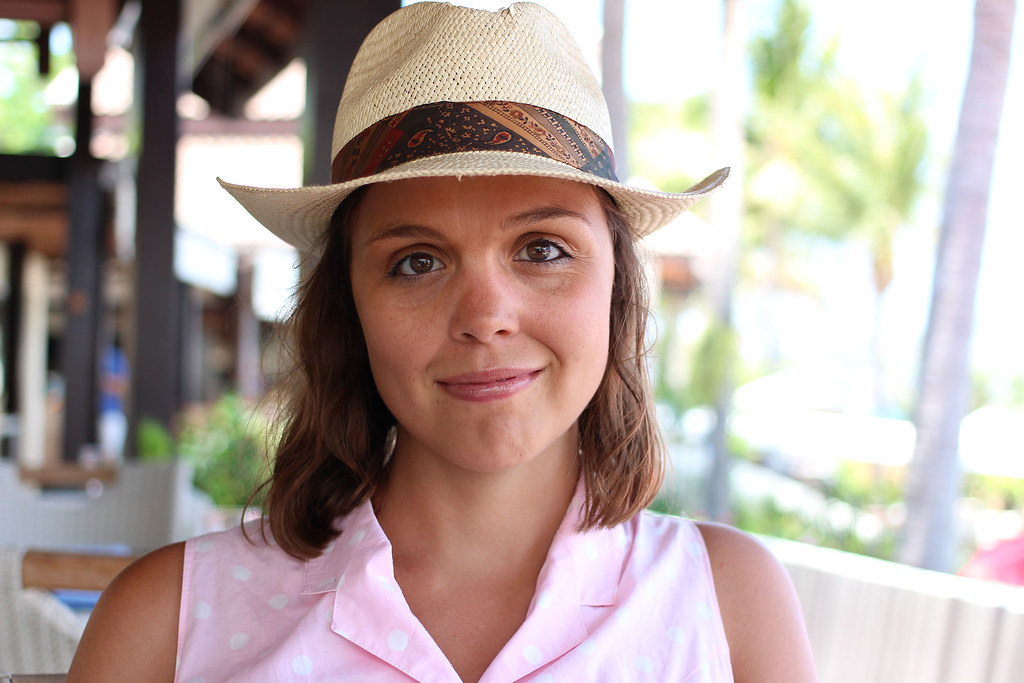
Frances M. Thompson
Find Frankie on Facebook, Twitter, Instagram, Pinterest, and Google+.
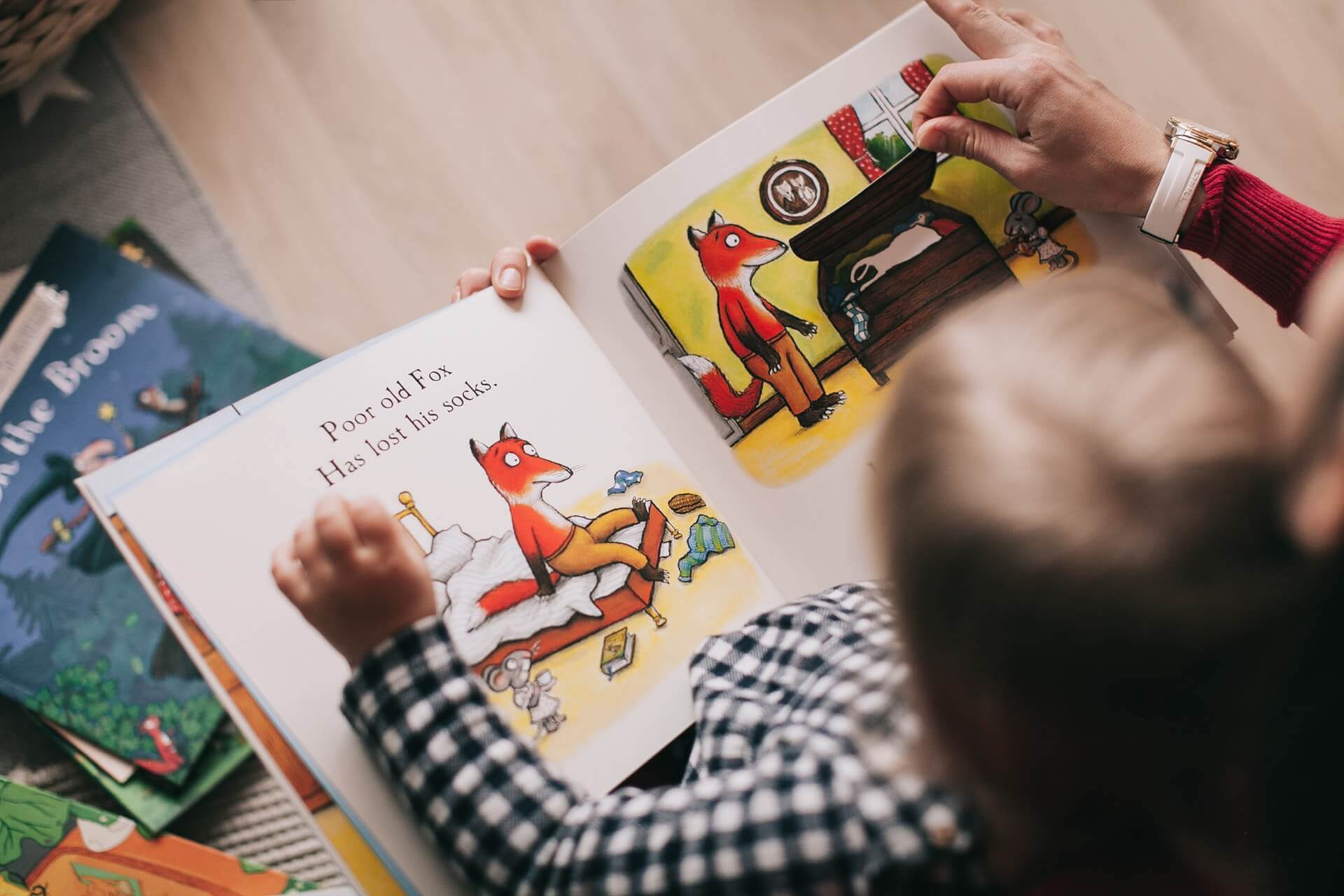
 Family Travel: How to Travel with Kids - My Golden Rules
Family Travel: How to Travel with Kids - My Golden Rules Self-Love: Self-Care Activities for Kids
Self-Love: Self-Care Activities for Kids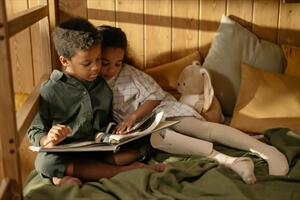 Self-Love: In-Depth Guide to Self-Care for Kids
Self-Love: In-Depth Guide to Self-Care for Kids Solo Luxury Travel: Best Caribbean Islands for Solo Travellers
Solo Luxury Travel: Best Caribbean Islands for Solo Travellers New Zealand Travel: 51 Interesting Facts About New Zealand Aotearoa
New Zealand Travel: 51 Interesting Facts About New Zealand Aotearoa About the Blog & Frankie
About the Blog & Frankie Welcome to My Amsterdam Travel Blog!
Welcome to My Amsterdam Travel Blog! Welcome to My Luxury Family Travel Blog!
Welcome to My Luxury Family Travel Blog! Welcome to My Writing Blog!
Welcome to My Writing Blog! Lover Mother Other: Poems - Out Now!
Lover Mother Other: Poems - Out Now! I Write Stories That Move You
I Write Stories That Move You Order WriteNOW Cards - Affirmation Cards for Writers
Order WriteNOW Cards - Affirmation Cards for Writers Work With Me
Work With Me